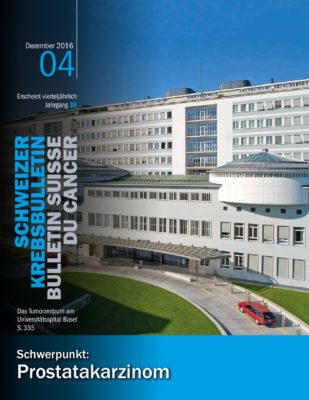Prostate
Personally performed operations (as of 2019): 1150
Surgery of the prostate are necessary for two different reasons: malignant tumors often form themselves within the prostate. Almost a third of all cancer diagnoses in men concern the prostate. On the other hand, there are benign enlargements of the prosate, which can cause constrictions in the ureter, accompanied by bothersome discomforts such aus having to go to the toilet several times a night, incontinence all the way to urinary retention, which is very painful.
Surgery of the prostate
Altogether removing the prostate (radical prostatectomy) is recommended, if the cancer is limited to the prostate alone. It is the most performed operation nowadays, and a proven method, given the large number of cases in the treatment of a localised prostate carcinoma. In this process, the prostate, including the seminal vesicles, and the surrounding lymph nodes are removed. These days, the operation is mostly performed with the Da Vinci Surgical System, as long as the tumor has not infiltrated the surroundings.
Concerning benign enlargements of the prostate, a complete removal ist not necessary. Depending on the size of the prostate, it is hollowed out either minimally invasively in what is called “small prostate surgery” (transurethral resection), or – if the prostate is very large (>100 millilitres) – using a small abdominal incision or the Da Vinci method. These operations lead to an immediate improvement of the symptoms.
Possible complications
Through improvements in diagnostics, knowing the exact location of the tumor and the advanced operational techniques, complications after a radical prostatectomy have become rare. When being treated by an experienced urologist, the risk of incontinence only concerns 1 to 5 percent of men. Erectile dysfunction can appear in 40 to 80 percent, but they can be treated with the help of medication and erectile tissue auto-injections. The rate of complications, especially erectile dysfunction, also depends on age, other diseases and the stage of illness.
Complications following a “hollowing out” of the prostate are rare, too. Yet, the operation has one essential consequence. After surgery, a so-called retrograde ejaculation occurs in most patients. It means, that during sexual intercourse, the semen is not pushed out the ureter, but flows into the bladder and is later excreted alongside the urine. During surgery, fluids can enter circulation (so-called TUR-syndrome). Haemorrhages can occur, yet they only rarely lead to a repeated operation.

